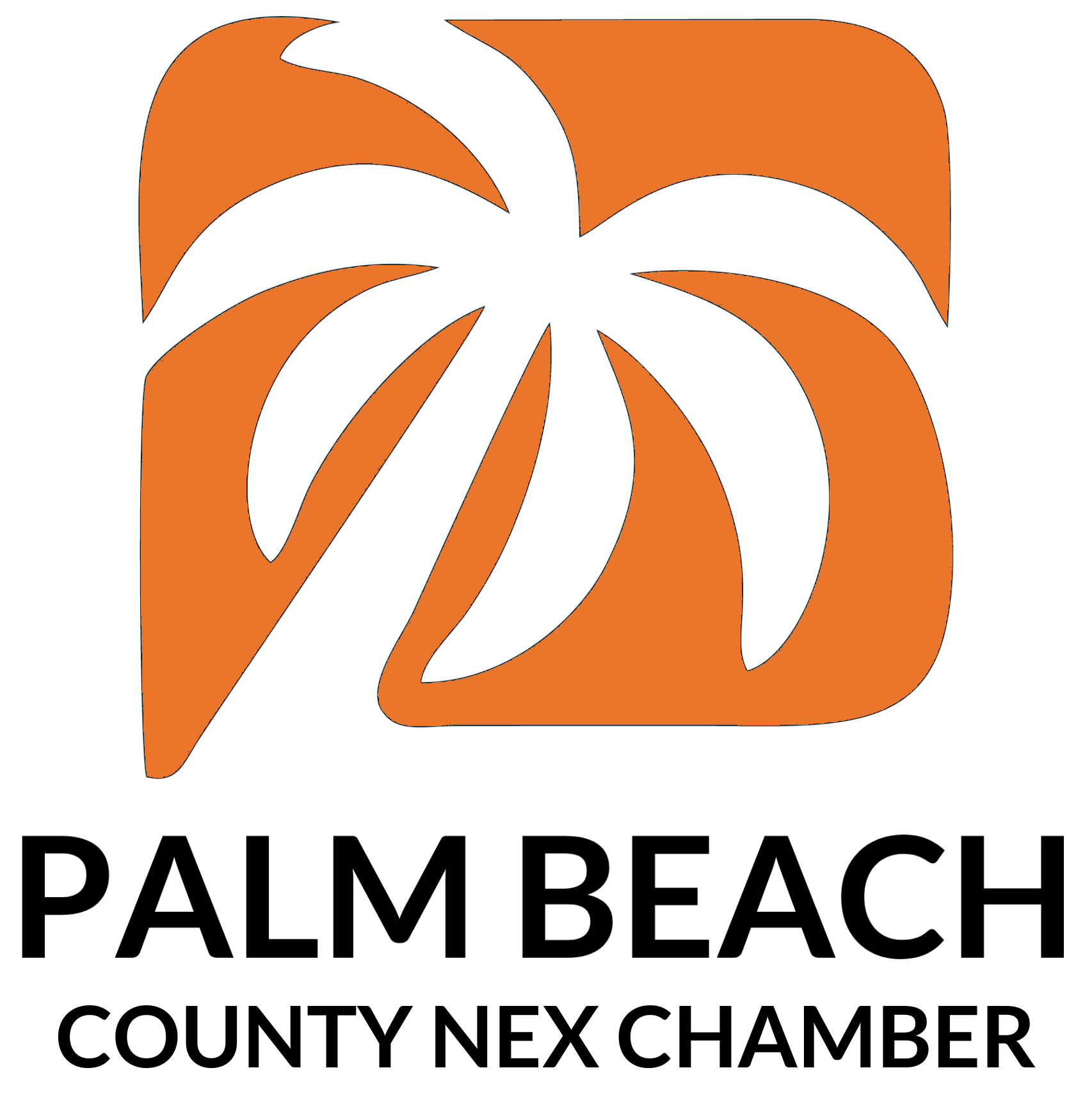Infinite Banking vs. HELOC: Which Cash-Flow Tool Wins in 2025?
In 2025, more people are looking for financial tools that provide flexibility, control, and reliable cash flow. Two of the most talked-about strategies are Infinite Banking and Home Equity Lines of Credit (HELOCs).
While both can free up capital, they work very differently — and the right choice depends on your goals, risk tolerance, and how you prefer to manage your money. Below is a clear comparison to help you choose the best strategy for your financial needs in 2025.
What Is Infinite Banking?
Infinite Banking is a strategy built around a specially structured whole life insurance policy. Instead of borrowing from banks, you borrow against the cash value inside your own policy — essentially becoming your own source of financing.
Benefits of Infinite Banking
✔ Tax Advantages
Cash value grows tax-deferred, and policy loans are typically tax-free. This is ideal for high-income earners who want to minimize taxable income.
✔ Control & Flexibility
You decide when to borrow, how to repay, and what to use the money for — with no bank approvals or credit checks.
✔ Lifetime Use
As long as the policy stays funded, you can use the cash value your entire life, even into retirement.
Drawbacks of Infinite Banking
✘ High Initial Costs
Whole life insurance premiums are expensive, and the strategy requires long-term commitment.
✘ Complexity
Understanding policy structure, loan mechanics, and growth projections takes time and guidance.
✘ Long-Term Focus
This strategy rewards patience — it’s not ideal for someone seeking fast cash or short-term returns.
What Is a HELOC?
A Home Equity Line of Credit (HELOC) is a revolving credit line secured by your home. It allows you to borrow against built-up equity and use the funds as needed for renovations, debt payoff, or large expenses.
Benefits of a HELOC
✔ Lower Interest Rates
Because your home secures the loan, lenders often offer competitive interest rates.
✔ Access to High Amounts
Borrowing limits can be large depending on your home’s value and available equity.
✔ Revolving Credit Flexibility
You can borrow, repay, and borrow again — similar to a credit card but usually with better terms.
Drawbacks of a HELOC
✘ Risk of Losing Your Home
If you fall behind on payments, foreclosure is a real risk.
✘ Variable Interest Rates
Rates can fluctuate, increasing your monthly payment without warning.
✘ Reduces Home Equity
Using a HELOC lowers your available equity, which can affect future refinancing or selling opportunities.
Infinite Banking vs. HELOC: Which One Fits Your Strategy?
Infinite Banking is best for you if…
- You want long-term financial control.
- You’re focused on tax-free growth and financial independence.
- You prefer to borrow from yourself rather than a bank.
- You are comfortable with whole life premiums and long-term planning.
HELOC is best for you if…
- You need immediate access to funds.
- You have strong home equity and stable income.
- You want lower interest rates for large expenses or debt consolidation.
- You’re comfortable with variable rates and using home equity strategically.
Ease of Access Comparison
Infinite Banking:
Requires structured whole life policy design, higher premiums, and longer setup — but offers lifetime access after it’s in place.
HELOC:
Generally faster and easier to obtain, especially with good credit and solid equity.
The Bottom Line: Which Cash-Flow Tool Wins in 2025?
There is no one-size-fits-all winner — the best tool depends on your financial situation and long-term goals.
- Choose Infinite Banking if you want tax advantages, long-term wealth building, and total control over your financing.
- Choose a HELOC if you need fast access to funds with lower rates and are comfortable leveraging your home.
Both strategies can help you achieve financial freedom, but success depends on understanding the risks, benefits, and your personal financial plan. For many people, using both tools strategically can create a powerful combination of liquidity and long-term growth.
.png)





.png)

